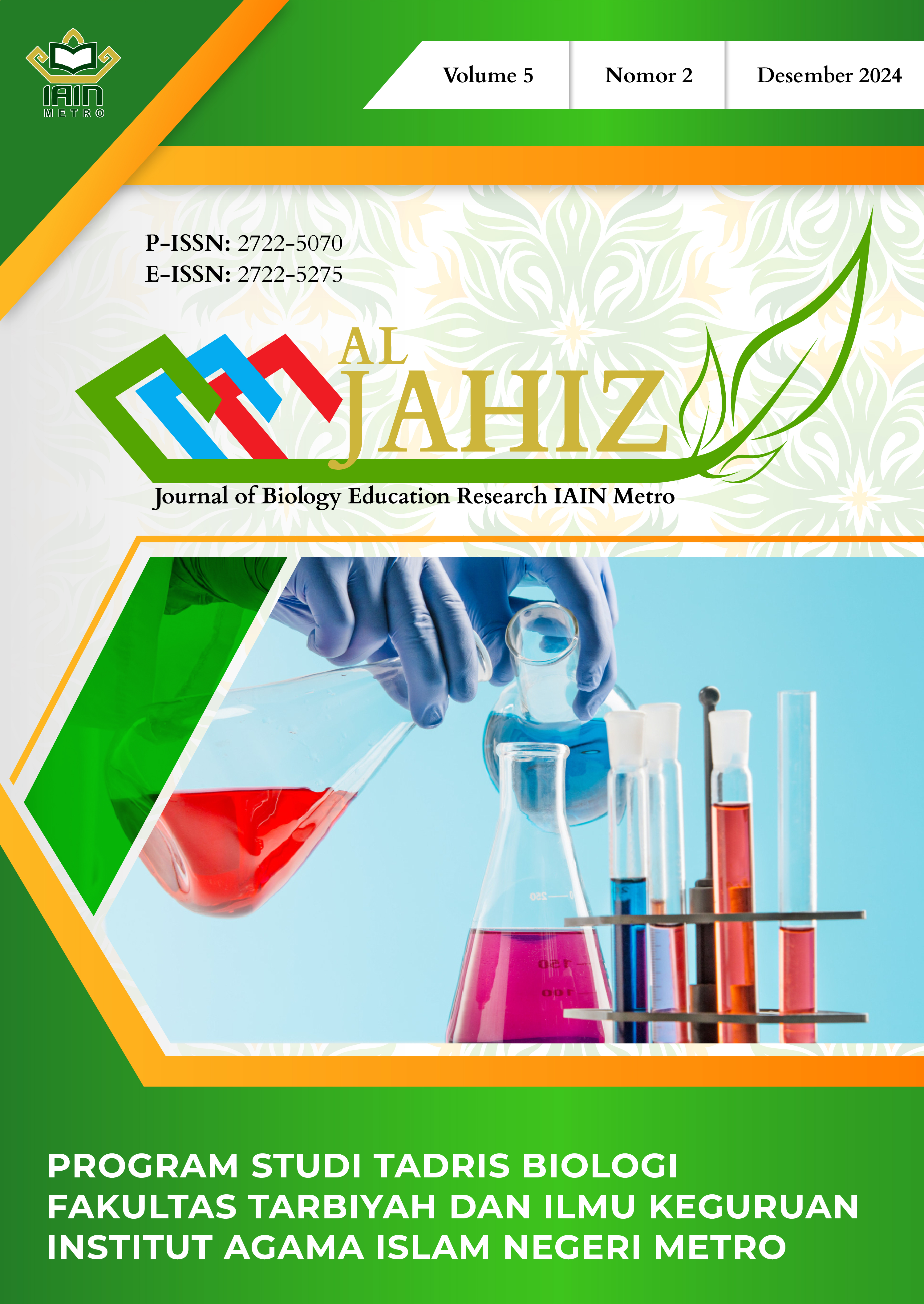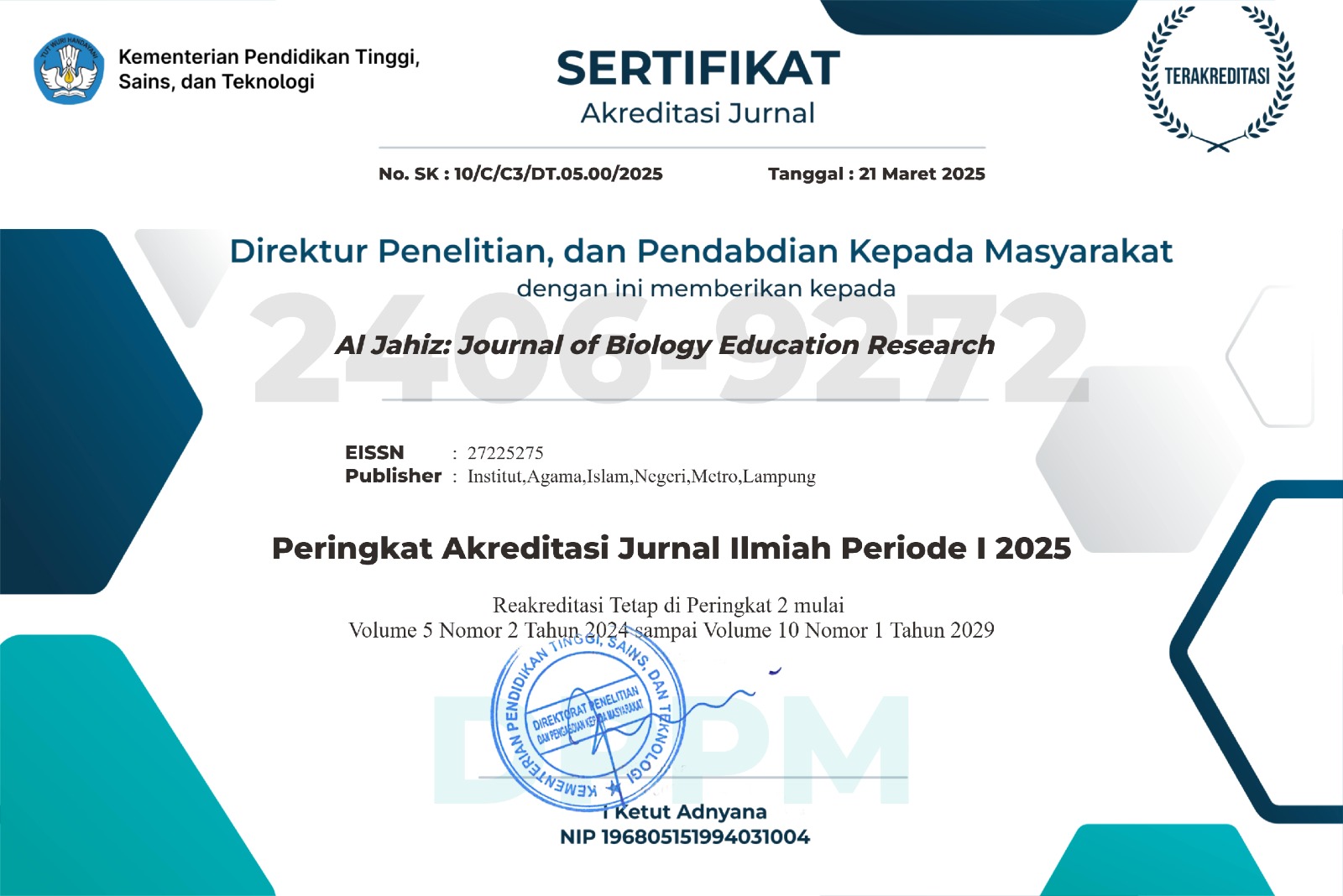Xenotransplantation: A Bioethical Inquiry from Islamic Perspectives
DOI:
https://doi.org/10.32332/al-jahiz.v5i2.9544Kata Kunci:
Islamic-Thought, Sickness, Islamic-Bioethics, Porcine-XenotransplantationAbstrak
Health, Sicknesses or Diseases in Man are part and parcel of human existence. Islamic Bioethics cover all these life time events from before birth to death and after death. Islamic Thought has indispensable contributions in and is inseparable from Islamic Bioethics. Major Organ Failures are increasingly prevalent and affect the quality of life and survival of enormous number of patients. Allotransplantation gives the ‘second’ life to these patients. However, the supply gap of Human Organs results in phenomenal bioethical and legal problems. Xenotransplantation, especially Porcine Xenotransplantation, can solve this supply gap and those consequential problems. A systematic analysis using English Publications is done to ascertain various bioethical aspects of Xenotransplantation as applicable from the Islamic Perspectives. The authors argue that the prohibition of Pork in Islam is metaphysical. The current permissibility for PXT may be premature and over-simplifies a much-complicated issue. Public interest is often under-considered in Organ Transplantation deliberations. The contributions of Islamic Thought and Islamic Bioethics in Health, Sickness, Treatment, PXT and theological objections to PXT are analysed and discussed. Muslim Countries may have the obligation of promoting and ensuring the success of PXT especially for the interests of under-privileged Muslims.
Unduhan
Diterbitkan
Terbitan
Bagian
Lisensi
Hak Cipta (c) 2024 Kee Lam Wong, Waleed Fekry Faris

Artikel ini berlisensiCreative Commons Attribution-ShareAlike 4.0 International License.


















